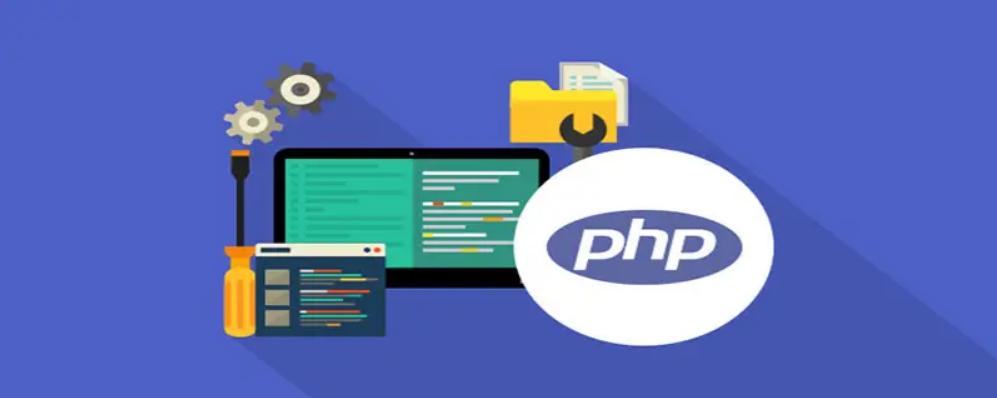What is a PHP framework? What is the difference between PHP framework and CMS? Many netizens don’t know much about the difference between PHP framework and CMS. The following editor will introduce to you the differences between PHP framework and CMS. If you are interested, come and take a look!

What is a PHP framework?
In programming, frameworks extend the supporting structure upon which common software applications are built. Frameworks simplify the software development process by plugging basic functionality into your application before you start coding.
To put it simply, the PHP framework is an infrastructure written in the PHP language that can improve development efficiency, create more stable programs, and reduce developers from repeatedly writing code during the project development process. Using the PHP framework not only allows developers to write less code, but also makes the difference in program startup smaller after the project goes online. In addition, compared to writing an application from scratch using the native PHP language, the framework also provides some risk mitigation measures to deal with problems that may arise after the project goes live.
PHP language is a highly respected backend technology for web development. Therefore, most PHP frameworks guide software developers on how to create web applications.
The difference between PHP framework and CMS:
1. Introduction to CMS and framework
CMS: CMS stands for Content Management System, which means content management system. It is a perfect system. If we use the analogy of a house, it is equivalent to a finely decorated room, which you can move in with just your luggage.
Framework: Framework is a basic architecture, and PHP development frameworks mostly adopt the "Model-View-Controller" (MVC) architecture model. The analogy of a house is a rough house, and the interior decoration can be customized according to your own needs.
2. Respective representatives
Framework: ThinkPHP, Laravel, YII, CodeIgniter (CI), zendframework (ZF), etc. Among them, ThinkPHP and Laravel are the two most popular PHP frameworks in China. For relevant introduction, you can read "laravel VS thinkphp, how to choose?" ” article.
CMS: WordPress, EmpireCMS (Empire CMS), DEDEcms (Dreamweaver), etc.
3. Knowledge difficulty
Framework: The framework requires a relatively high level of knowledge. You must have a deep understanding of object-oriented programming ideas, as well as MVC principles, single entry principles, and tag parsing engine principles. Only then can you use the framework flexibly for development, so it is suitable for PHP basic comparisons. Well rounded person.
CMS: CMS does not require such advanced knowledge, and the knowledge required is very small. As long as you understand a little bit of PHP syntax and basic things, you can use CMS to develop a simple project, and the speed is relatively fast (but maintenance It will give you a headache when you wake up), CMS is the favorite for entry-level people in PHP.
4. Application scope
CMS: The scope of application of CMS is limited, so you must choose the right one, otherwise there will be endless troubles. For example: a certain type of CMS is only suitable for developing one type of project. If you choose the wrong one, you may have to develop it again.
Framework: Because the framework is a lower-level thing, it can be used to develop any type of project. In addition, the framework can also develop CMS, but conversely, CMS cannot be used to develop the framework (which will cause the performance to be too low).
5. Flexibility
CMS: Since CMS is already a relatively complete system, installing plug-ins is very troublesome.
Framework: Use a framework to develop. You can modify the module structure of your project at will, add the functions you want, and personalize it at will.
6. Development speed
Framework: When using a framework to develop, although the speed is slightly slower, subsequent modifications are flexible and the speed is very fast. When encountering a problem, you can immediately know where the mistake is. It can be said to be "one step to the point, one hit the nail on the head."
CMS: Although it is fast when using CMS for development, subsequent modifications, especially when adding functional modules, are not flexible enough, which will cause the speed to be very slow or even impossible to implement.
7. Choose
Regarding the question of choosing a framework or a CMS, I can sum it up in one sentence: if you have the technology and the time, choose the framework; if you don’t have the technology, choose the CMS in the short time!